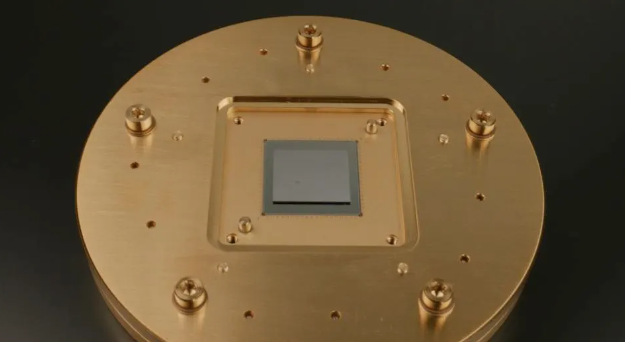One the challenges with leveraging quantum computing stems from the error-prone nature of the basic unit of quantum information, quantum bits, or qubits. By leveraging the unique properties of superposition, simultaneously existing as a state of 0 and 1, as well as entanglement, qubits enable complex computations in fields such as finance. There is a trade off however that, currently, a large amount of effort must go into quantum error correction for this to be useful.
Quantum Error Correction (QEC) is a daunting task of mitigating the sensitivity of qubits to noise in the environment. Qubits can experience errors in two dimensions: bit flips, where similarly to classical computing error the qubit’s computational state flips from 1 to 0 or vice versa, and phase flips, where the different possible amplitude states may change. AWS introduced at re:Invent 2023 a new quantum chip where it was stated "We've been able to suppress errors by 100x by using a passive error correction approach".
The advancements in error rectification and the efficiency of hardware are paving the way for a future where quantum computers can tackle intricate challenges that were once thought to be beyond our reach.
For those interested in exploring Quantum Computring on AWS, there are free Braket learning paths on the AWS Skills Builder platform. You can gain hands-on experience with the AWS Quantum ecosystem while earning a digital badge demonstrating the knowledge learned.
